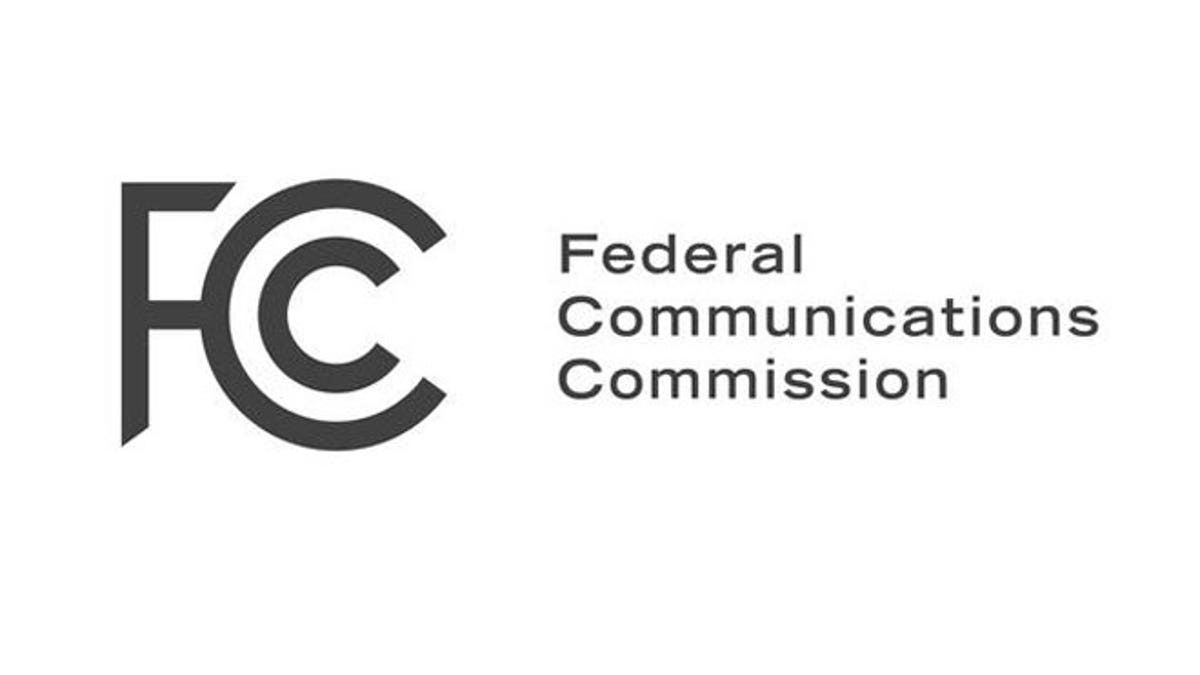
(AP)
I think you would agree: today’s television programming already goes far enough — too far, in fact.
Hollywood shock jocks have successfully snuck in more sex, violence, and profanity, making it hard for parents to find “smut-free” zones on the public airwaves suitable for their families.
The last thing we need is more filth and vulgarity.
Even though 75 percent of Americans want more Federal Communications Commission (FCC) restrictions on public television content, the FCC is considering dropping current broadcast decency standards that ban explicit profanity and “non-sexual” nudity.
[pullquote]
- Is CNN using potty-mouthed chef to boost ratings?
- Sorority girl responsible for profane Delta Gamma email resigns after scandal
- Curses! Missouri Town Considers Banning Barroom Swearing
- Dallas police lieutenant suspended for violent rap song
- Cops: Singer Kelis Arrested for Screaming Profanities at Florida Police
With America already undergoing a huge indecency problem, it’s unfathomable to think the FCC actually wants to allow more filth such as frontal female nudity, the F-bomb, and the “S” word on broadcast television during hours when our kids will be watching and listening.
Evidently, the F-bomb and other obscenities are more common in the nation’s vernacular, but I know that parents of young kids work hard to shield them from picking up vulgarities.
When I served as Special Advisor for then-FCC Chairman Kevin Martin, I constantly received comments from moms and dads who were fed up and rightly so.
Raunchy images and lewd gestures steal our children’s innocence. By age 18, an American teenager will have seen 16,000 simulated murders and 200,000 acts of violence, according to the American Psychiatric Association. And the Parents Television Council reports that these vast amounts of graphic images and obscenity are causing long term and irreparable damage, including desensitization, disrespect for parents, and a lack of empathy for human suffering.
Parents do have a responsibility to protect their children from obscenity. And ideally, parents would have the sole authority and power to monitor the airwaves. But that just isn’t our reality.
According to the Kaiser Family Foundation, children 8 to18 years old consume a total of seven hours and 38 minutes of screen time every day — more than the time they spend at school!
Half of these children live in households with absolutely zero restrictions on the media they consume, and a mere five percent of parents actually watch the programs their children are watching.
Additionally, today’s digital world has fostered a generation of kids more tech savvy than their parents, and they can easily maneuver around parental blocks on televisions.
However, even if the blocking system is firmly in place, the individual show ratings are given by the networks themselves and often do not meet the criteria set by parents.
Live sports shows in which players drop expletives will never be caught by filters, which is why the networks need to feel the pressure to institute the good old thirty-second-delay feature. Parents have limited choices, but we must not give up.
Parental responsibility also does not acquit corporate decorum. Broadcasters are given free license to broadcast, and in exchange, are simply required to meet minimal standards of conduct. In fact, the FCC’s authority is so limited that it can only regulate public television from 6 a.m. to 10 p.m.
Because parents — the public — own these airwaves, shouldn’t we have some say over how they’re used? The answer is “of course!” And ratings speak volumes.
Profit incentives are found in wholesome family entertainment. Consider the History Channel’s ground-breaking series, “The Bible.” This dramatization of the Gospel opened with a two-hour premier that garnered a record-breaking 13.1 million viewers. By the end of the series’ run, the History Channel was the top cable network in total viewership. This level of success is not unusual for Christian productions.
In 2004, the commercial blockbuster, “The Passion of the Christ,” raked in $611,899,420 in ticket sales worldwide.
Hollywood needs to pay attention.
Other top-rated family shows include Fox’s “American Idol” and A&E’s “Duck Dynasty,” which broke records recently when 9.6 million viewers tuned in for the show's final episode.
May 20 is the cut-off date set by the FCC to receive the public’s feedback on its consideration to slash its broadcast decency standards. You’d better believe they’ll be hearing from my organization, Concerned Women for America Legislative Action Committee, as we engage the FCC and move to the front lines of the fight to protect America’s children and families with our “Stop the FCC” petition. We already have 12,000 signatures from concerned parents and grandparents across the nation.
The FCC is failing America’s families, giving broadcasters unfettered access to our children to peddle their vulgarity in the name of “freedom of speech.” We won’t stand for it.
For more on the "Stop the FCC" petition visit http://www.cwalac.org/stopthefcc.shtml.
